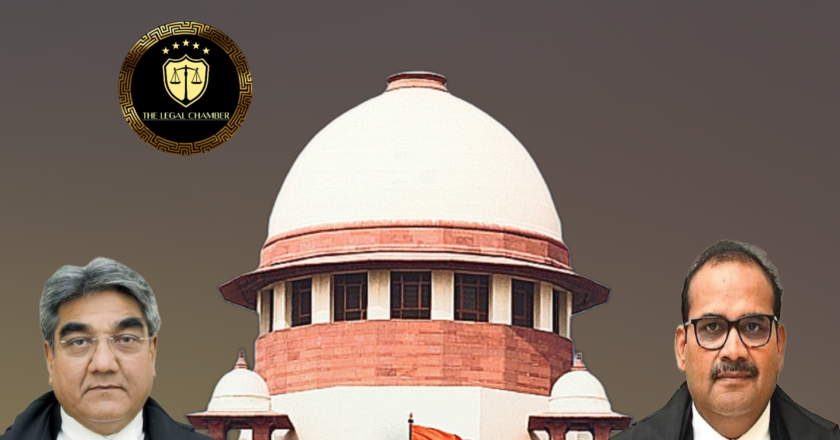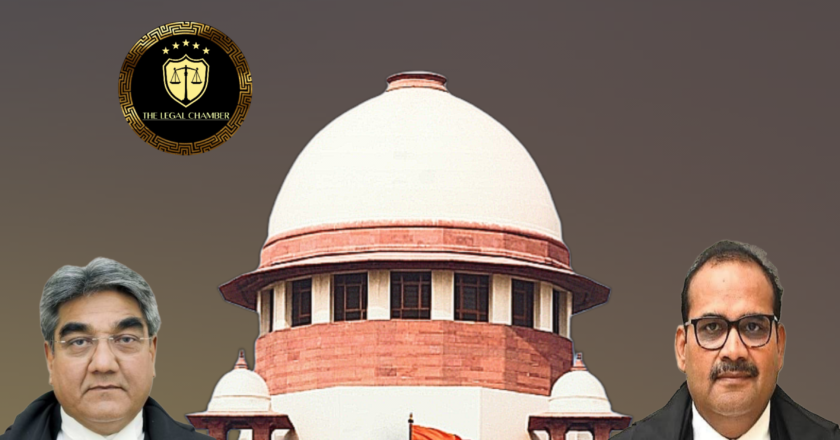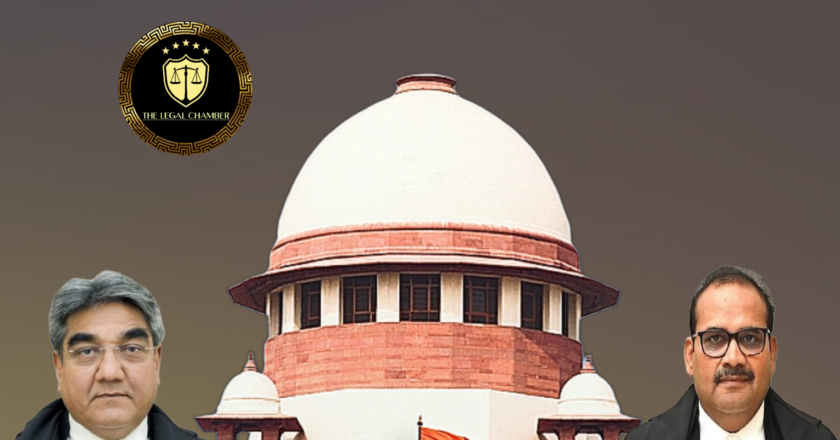Directly Approaching High Court Barred When Tribunal Exists, Rules Supreme Court
The Supreme Court upheld the principle that the Karnataka State Administrative Tribunal (KSAT) is the designated court of first instance for service disputes, including recruitment matters. The High Court's writ jurisdiction under Article 226 cannot be invoked when an effective statutory alternative remedy exists, barring exceptional constitutional circumstances not present in this case.
Facts Of The Case:
The State of Karnataka issued a recruitment notification in March 2022 for 15,000 Graduate Primary Teacher posts. Following examinations, a provisional select list was published in November 2022. This list excluded certain married women candidates who had applied under the Other Backward Classes (OBC) category because they submitted caste and income certificates in their fathers' n...









